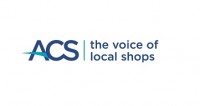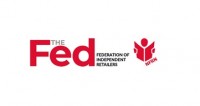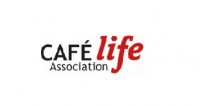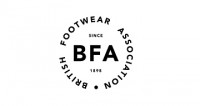A Brexit timeline for indie retailers
Posted on in Business News, Political News
Tonight the UK will leave the EU at 11pm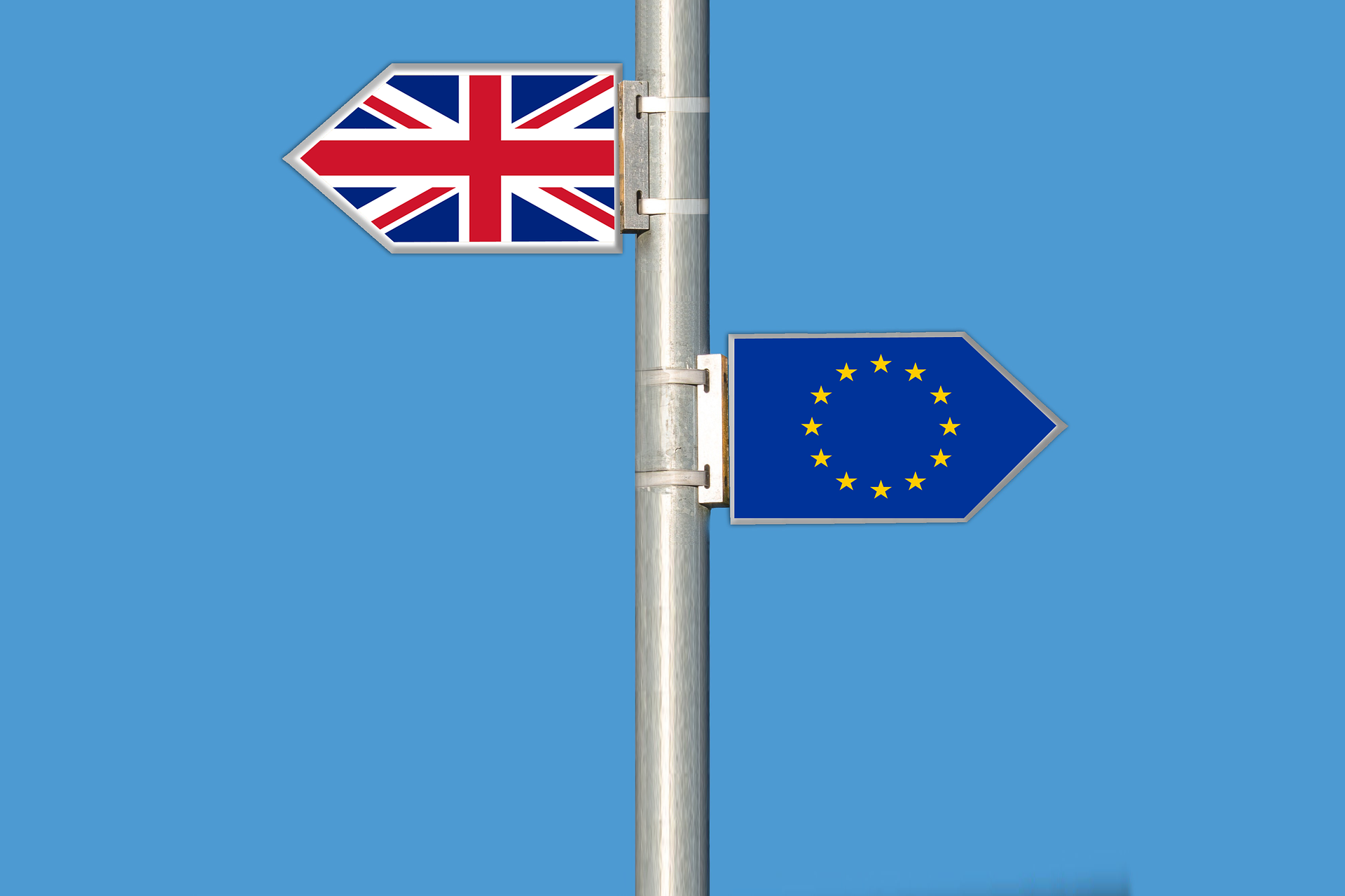 GMT, ending a 46-year relationship. Retail Week has compiled research from Retail Economics and law firm Squire Patton Boggs to analyse what Brexit will mean for the UK retail industry, what milestones to expect and what scenarios could unfold by the end of the year. Information has also been provided by IRC member ACS.
GMT, ending a 46-year relationship. Retail Week has compiled research from Retail Economics and law firm Squire Patton Boggs to analyse what Brexit will mean for the UK retail industry, what milestones to expect and what scenarios could unfold by the end of the year. Information has also been provided by IRC member ACS.
The immediate future
Although the UK are leaving the EU today, retailers will not be affected until 1st January 2021 due to the 11 month "implementation period" (IP) whereby all EU rules, including trade rules, will continue to apply to the UK. The UK will still have access to the single market, UK and EU trade will continue without any additional tariffs or checks and freedom of movement will continue to apply, allowing EU citizens to live and work in the UK. The government plans to negotiate a free-trade agreement with the EU during this transition period and to hold trade negotiations with other countries such as the US and Australia.
The timeline currently looks as follows:
February 2020
During this month, the UK and EU will seek to agree an agenda and timetable for their negotiations on a new trade agreement. There is a wide range of issues that could be covered, and it is likely that some areas will need to be prioritised over others. Rules - including tariffs - on trade in goods, access for retail services and cross-border ecommerce are all likely to make the cut for negotiations.
The UK will also be free to open trade negotiations with other countries, including the US and Australia, from February 1.
March to August 2020
This is when the substantive negotiations between the UK and EU will happen.
The UK has said that it wants a ‘free-trade agreement' with the EU, which will deliver duty-free and quota-free trade with the EU, while at the same time allowing the UK to diverge from the EU in other areas of regulation.
It is likely that the EU is willing to grant tariff-free and quota-free access, but only if the UK does not introduce new regulations that give its producers a cost advantage over EU competitors. Resolving this tension will be one of the biggest challenges in the negotiations.
September to December 2020
If sufficient progress has been made during the previous few months, this period will be used for the political ratification process in the EU and the UK of any new trade agreement.
However, if insufficient progress has been made and the IP is extended, then this period will be used for further negotiations.
January 2021 onwards
Provided that the IP has not been extended, the UK will become a fully independent trading nation on January 1, 2021.
In terms of trade with the EU, that will mean:
- All imports from the EU will become subject to customs checks and documentation at the border (except goods from the Republic of Ireland arriving in Northern Ireland);
- All imports from the EU will need to meet local content rules in order to benefit from lower or no tariffs negotiated in a free-trade agreement;
- Food imports from the EU may become subject to veterinary or plant health checks at the border;
- Some products from the EU may be subject to new tariffs if the UK-EU trade agreement fails to agree across-the-board zero tariffs;
- There is still a possibility that UK-EU trade will face a "cliff-edge" on December 31, 2020, if the UK and EU fail to reach a new agreement and do not extend the IP. In this case, imports from the EU will be subject to the UK's most favoured nation (MFN) tariff rates.
In terms of trade with other countries, that will mean:
- The UK will be free to implement any new trade deals it has negotiated with other countries. Imports from countries that have bilateral deals with the EU, but which have not extended these deals to the UK, would become subject to the UK's MFN rates;
- The UK will be free to set its own MFN tariff rates. These are the rates that apply to imports from countries that do not have an FTA with the UK and would apply to imports from the EU in the event that the two sides failed to strike a new FTA. It is worth remembering that in anticipation of a no-deal outcome in 2019, the government published a temporary MFN tariff schedule, which would have reduced almost all non-food tariffs to zero and slashed rates for most food products;
- The UK would be free to keep or scrap additional tariffs imposed by the EU. Of most interest to UK retailers, this could include the revision of anti-dumping duties on some imports from China and special tariffs on imports of a wide range of goods from the US, which were imposed as part of a trade dispute between the EU and the US.
Useful links
If you have any other queries please contact us.










